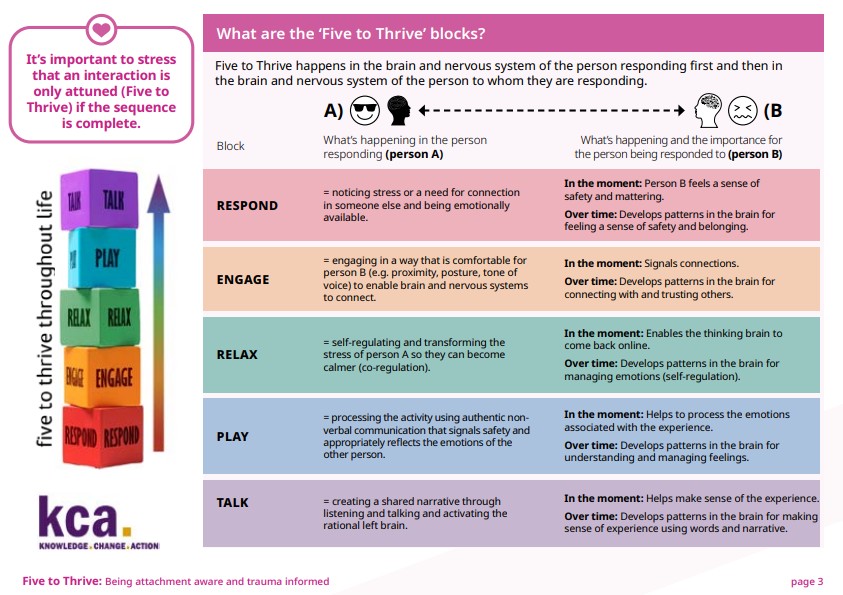Pastoral

Sometimes life can be challenging for
both children and adults and that can affect our wellbeing and mental health.
At Wootton Bassett Infants we believe that being mentally healthy is vital for
us to cope with day-to-day life and that wellbeing needs to be a high priority
in order for children to be ready for learning. On this page we will be sharing
ideas about how to support your own and your child's wellbeing and mental
health.
Mental health is a state of well-being
in which every individual realises his or her own potential, can cope with the
normal stresses of life, can work productively and fruitfully, and is able to
make a contribution to her or his community. (World Health Organization)
How can I help my child with their
mental health?
1.
Make conversations about mental health a normal part of life: Anywhere
is a good place to talk; in the car, walking the dog or cooking together. Model
everyday talk about feelings such as by talking about a book or TV character’s
feelings.
Where can I get support and
information?
We want all adults and children to feel
that they can come to speak to us about any worries or concerns that they may
have. There is support that we can offer in school and we will do our upmost to
provide this. However, sometimes it may be the case that we feel more suitable
support can be found elsewhere and we can signpost you to the correct
organisation or professional.
Please find below some helpful websites
and organisations that can offer support with mental health.
- Anna Freud- a world-leading mental health charity for children and families
- Qwell- Free digital mental wellbeing support for adults across the UK
The Pupil Wellbeing Policy can be found on our Policy Page
Other useful websites:
- Parental support and advice (Young Minds)
- Getting ready to start school (Place2Be)
- Adolescence and growing up (The Mix)
- Help with weight and nutrition Healthy Me
- Cooking Skills Phunky Foods
- Domestic Abuse Fear Free
- Family Lives- for parenting and family life worries
- Bereavement and grief (Child Bereavement UK) or (Winston's Wish)
- Special needs and disabilities (Scope)
- Autism (National Autistic Society)
- LGBTQ+ (Strong Family Alliance)
- Race and ethnicity (BAATN)
- Money Advice Service Money Helper
Healthy Schools 
We have achieved our Bronze Healthy Schools Award. We were asked about how we ensure our children receive skills and knowledge to live a healthy life. this includes:
- Our Whole School Approach
- PSHE education
- Healthy weight (incorporating healthy eating and physical activity)
- Emotional wellbeing and Mental Health
We hope to achieve our Silver award this year so please look out for information regarding this as we may need your support at home.
Five to Thrive
As a school, we use the Five to Thrive model with some of
our children. It is an accessible model that can be woven into everyday
interactions to support recovery from trauma and attachment need. It is not a
replacement for intensive therapy that some children may need, but it is
supportive and accessible to all. The Five to Thrive sequence reflects a
process of co-regulation, guidance and support needed for families, children,
and young people in this situation.
The model is also useful for when children become
dysregulated or display challenging behaviours that they find difficult to
control or manage. Please click here for more information about dysregualtion vs a tantrum.
This approach focuses on a set of five key principles –
respond, engage, relax, play, talk.
More information can be found at:
https://wiltshirefamilyhubs.org.uk/programmes/
